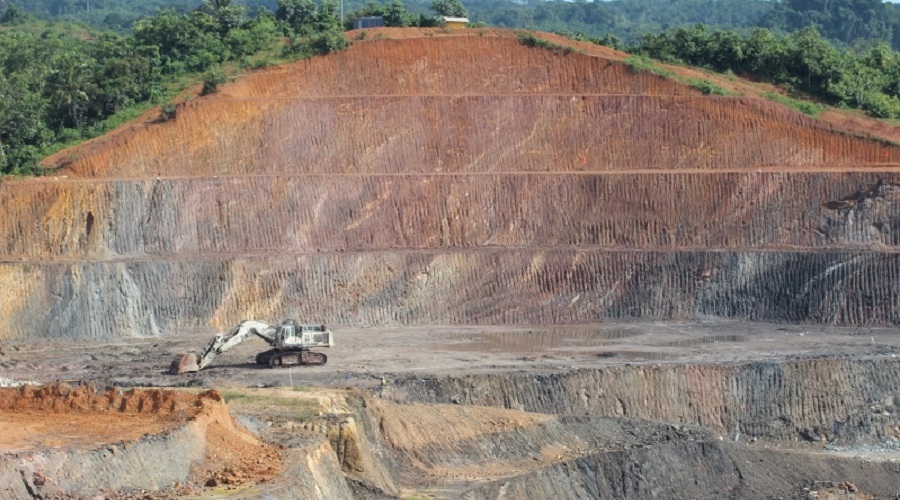
Focusing primarily on Nigeria and Ghana, the fund will be hosted by the Africa Centre for Energy Policy to support a network of resource governance organizations and civic actors, anti-corruption organizations, budget advocates, and grassroots and community organizations addressing inequality as it relates to the natural resources sector in the region.
“Climate change reflects a fundamental failure of global development that is rooted in the extraction of natural resources,” the American private foundation said in a media statement. “In West Africa, the extraction of metals, minerals, and fossil fuels has exacerbated inequalities and caused severe environmental damage that drives climate change.”
In the view of the Foundation, whether natural resources aggravate or reduce inequality depends on who controls those resources, how the benefits that derive from them are distributed across different communities, and whether those resources are used in ways that foster ecosystem restoration or degradation.
“With renewed efforts toward energy transition, there is an opportunity to transform the natural resources sector toward embracing equitable governance and sustainable practices,” Anthony Bebbington, director of Ford’s natural resources and climate change program, said in the brief. “An energy transition that is both low carbon and socially just will be an asset that helps economies to thrive in West Africa at the same time as it mitigates the impacts of climate change. Key to this is centering the needs of local communities affected by resource extraction and a re-envisioning of development models and energy systems that benefits communities and sustains the planet.”
According to Bebbington, dwindling funding support paired with the covid-19 pandemic is making it difficult for civil society organizations in West Africa to effectively promote policy actions that target inequality and injustice.
Focus areas
Given the situation NGOs in the region are facing, the new fund will back organizations whose programming ensures that revenues from resource extraction are equitably distributed to meet the development priorities of citizens, particularly of impoverished communities, persons with disabilities, and communities affected by resource extraction.
Another area of interest is that of an active civil society that demands transparent, efficient, and effective revenue allocation, expenditure, and accounting of revenues from natural resources extraction to help promote equitable socioeconomic development.
The fund will also provide for government, non-government and industry groups working to advance an African solution to development finance that moves away from a model that keeps countries in debt and stunts socioeconomic progress.
A final key focus will be on industry groups making sure that the extraction of natural resources accounts for and mitigates the environmental and social impacts on the host communities and their inhabitants.




